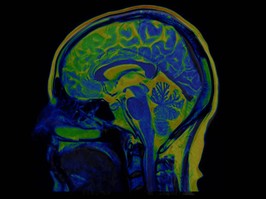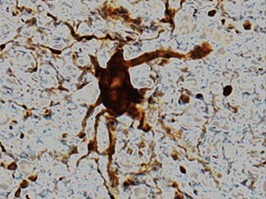a new study out of japan suggests writing on physical paper leads to stronger brain activity — leading to better recall — than when writing on a tablet or smartphone.researchers at the university of tokyo say the complex, spatial and tactile information associated with writing by hand is what allows for better information retention.so, the next time you need to remember something, forget the notes app and consider reaching for a pen and paper.the study also found that notetakers were 25 per cent faster when using paper versus a digital surface.“paper is more advanced and useful compared to electronic documents because paper contains more one-of-a-kind information for stronger memory recall,” said professor kuniyoshi l. sakai, a neuroscientist at the university of tokyo and corresponding author of the research published in frontiers in behavioral neuroscience. “our take-home message is to use paper notebooks for information we need to learn or memorize,” he said.the study had 48 volunteers read a fictional conversation between two characters discussing their schedules, including 14 different class times, assignment due dates and personal appointments. the researchers performed a pre-study analysis on the volunteers, all 18-29 years old, and sorted them into three groups based on memory skills, personal preference for digital or analog writing methods, gender, age and other characteristics.the volunteers then recorded the fictional schedules using a paper datebook and pen, a calendar app and stylus on a tablet, a calendar app on a smartphone and a touchscreen keyboard. the researchers then had the volunteers take a break while completing a task designed to distract them from thinking about the schedules before asking them a series of simple and complex questions about the specifics of the calendar. the volunteers completed the questions while inside an mri scanner to monitor blood flow around the brain.in the end, those who used the paper datebooks were much quicker at filling in the calendars and scored better on the simple test questions. plus, it took them 11 minutes to fill in the calendar while tablet users took 14 minutes and smartphone users took about 16 minutes.but the biggest disparity was seen in the brain activation data. volunteers who used paper had more brain activity in areas associated with language, imaginary visualization, memory, and navigation. researchers say that indicates that analog methods contain richer spatial details that can be recalled more easily in the mind’s eye.“digital tools have uniform scrolling up and down and standardized arrangement of text and picture size, like on a webpage. but if you remember a physical textbook printed on paper, you can close your eyes and visualize the photo one-third of the way down on the left-side page, as well as the notes you added in the bottom margin,” sakai explained.
researchers say there are ways you can mimic the benefits of note-taking on paper with a digital surface. highlighting, drawing arrows, circling and adding virtual sticky notes are a few ways to increase special enrichment.and although this study focused on memory, note-taking and schedule recall, the researchers also pointed out that using analog tools instead of digital may help with creativity as well.“it is reasonable that one’s creativity will likely become more fruitful if prior knowledge is stored with stronger learning and more precisely retrieved from memory. for art, composing music, or other creative works, i would emphasize the use of paper instead of digital methods,” sakai said.
don’t miss the latest on covid-19, reopening and life. subscribe to healthing’s daily newsletter covid life.
 3 minute read
3 minute read








